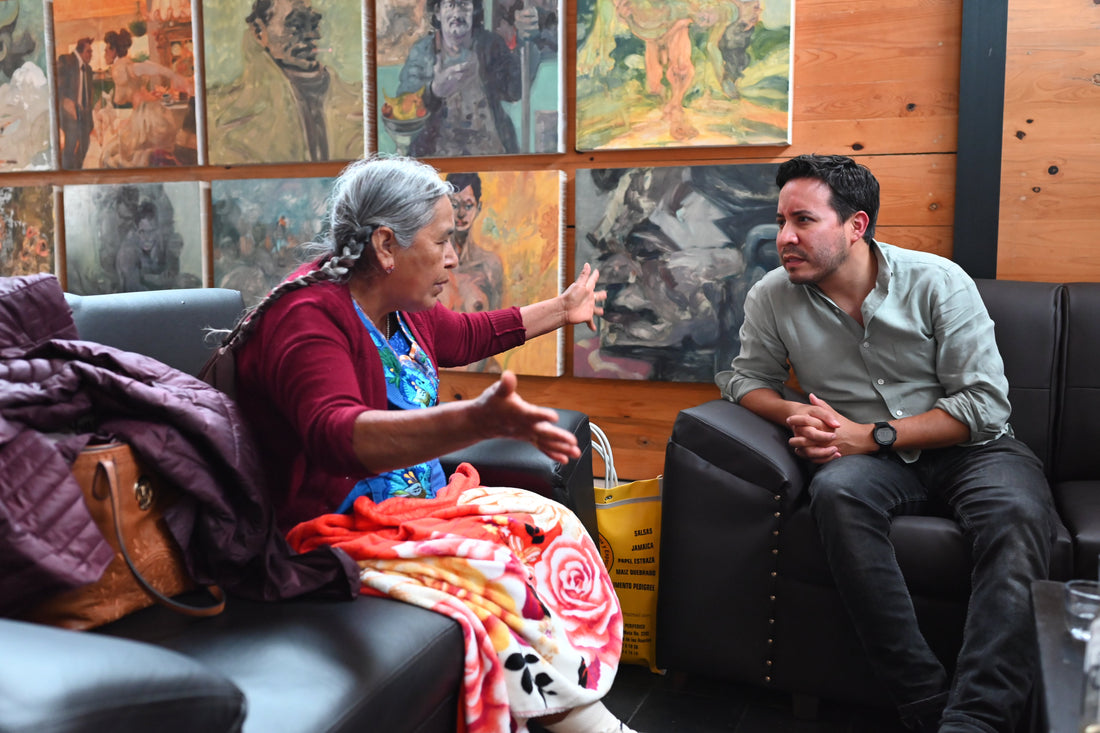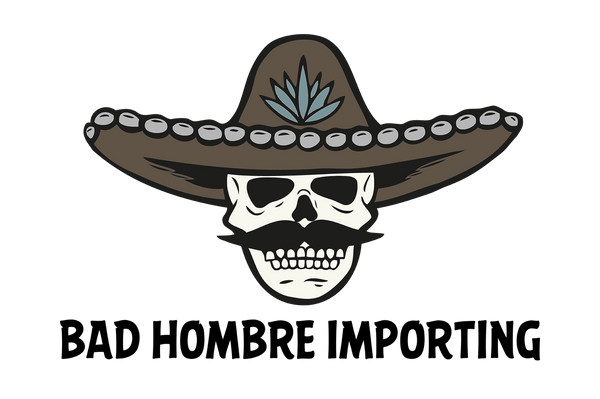
Import Responsibly: Why the Best Juice Shouldn't Just Be for Export
Share
July 30, 2025
We’ve all felt the sting of being priced out of something that once felt like ours.
Rent hikes, changing neighborhoods, your favorite taco spot turned into a smoothie bar... you know the feeling.
For me, it started in Los Angeles—my hometown. As a native Angeleno, I watched rents climb, often driven by people moving in with different expectations and deeper pockets. Later, when I lived in Mexico, I saw similar shifts in real time—foreigners clustering in places like Roma and Condesa, pushing prices up for locals.
So I lived outside the city center. A friend once called me a fresa in denial—but I stayed grounded. I was 30 minutes from Condesa, with all the tacos de canasta I could ask for, and a community that felt intact.
Mezcal & Market Pressure
Here’s the truth:
Those of us living outside Mexico are the outsiders when it comes to mezcal. Our growing demand raises prices—often beyond the reach of the communities that have made this spirit for generations.
If I were a mezcalero in Puebla, and the price of mezcal at my local bar kept climbing, I’d probably feel frustrated too. Imagine seeing the best juice leave your region, only to be sold back to you at a premium.
It’s the same tension we’ve seen in cities across the globe. Only now, it’s playing out across rural landscapes and ancestral traditions.
Agave Isn’t Just a Plant—It’s a Legacy
In Mexico, agave is more than a crop. It’s a sacred, living heritage.
Anthropologists trace the domestication of agave back nearly 10,000 years. These spirits aren’t a trend—they’re a tradition.
Agua del Sol co-founder Félix Monterrosa remembers the old days, when mezcal was sold between neighbors. On weekends, folks would line up with glass demijons to refill. His great-grandfather could never have imagined the spirit traveling to cocktail bars across the globe.
Félix is hopeful for mezcal’s future—but he founded Agua del Sol with a clear purpose:
To make sure mezcal remains accessible to the people who make it.
That’s why every batch they produce sets aside a portion for local consumption. It’s a simple model with radical implications.
Mezcaleros Who Keep It Real: Meet the García Family
In the international market, Raúl García and his father, maestro mezcalero Francisco García León, are well-known. Raúl works the land, chopping agave; Francisco runs fermentation and distillation.
But in Miahuatlán, it’s Epfianía—Francisco’s wife and Raúl’s mother—who keeps the business alive. She manages inventory, sells mezcal by the roadside, and ensures the family's mezcal stays in circulation locally.
Yes, exports help—but domestic sales are what sustain them.
Mezcal isn’t just a drink, it’s a cultural thread that binds generations.
Brands like Agua del Sol and families like the Garcías are working hard to protect that thread while sharing it with the world.

